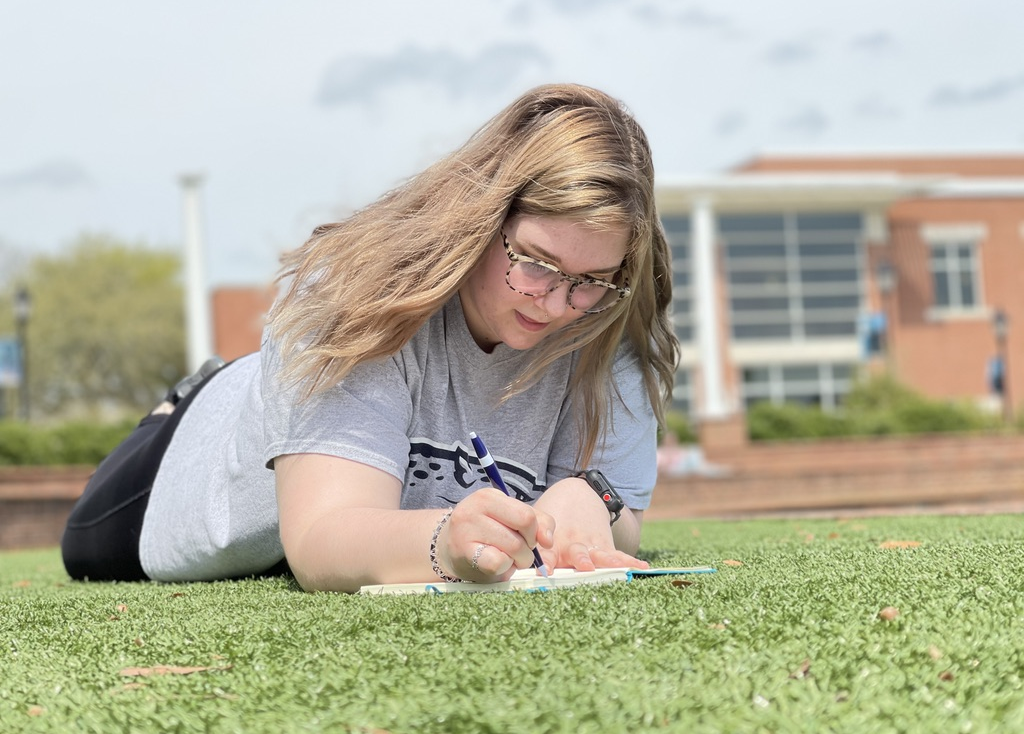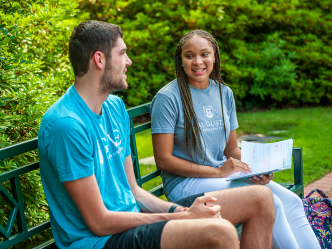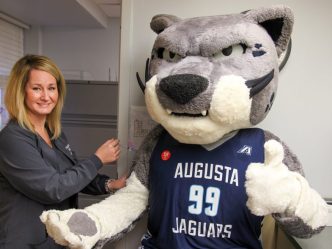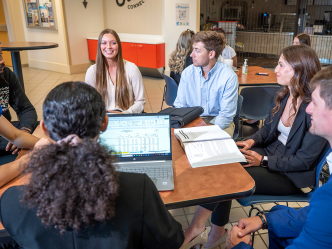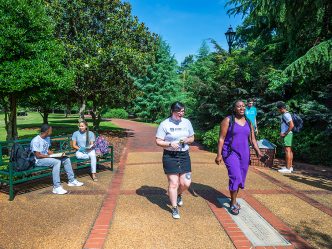As the pandemic drags on past 20 months in the United States, it has taken a massive toll on Americans’ mental health. College students — and thus, the care providers on campus who support their mental health — have not gone unaffected.
The psychological perspective
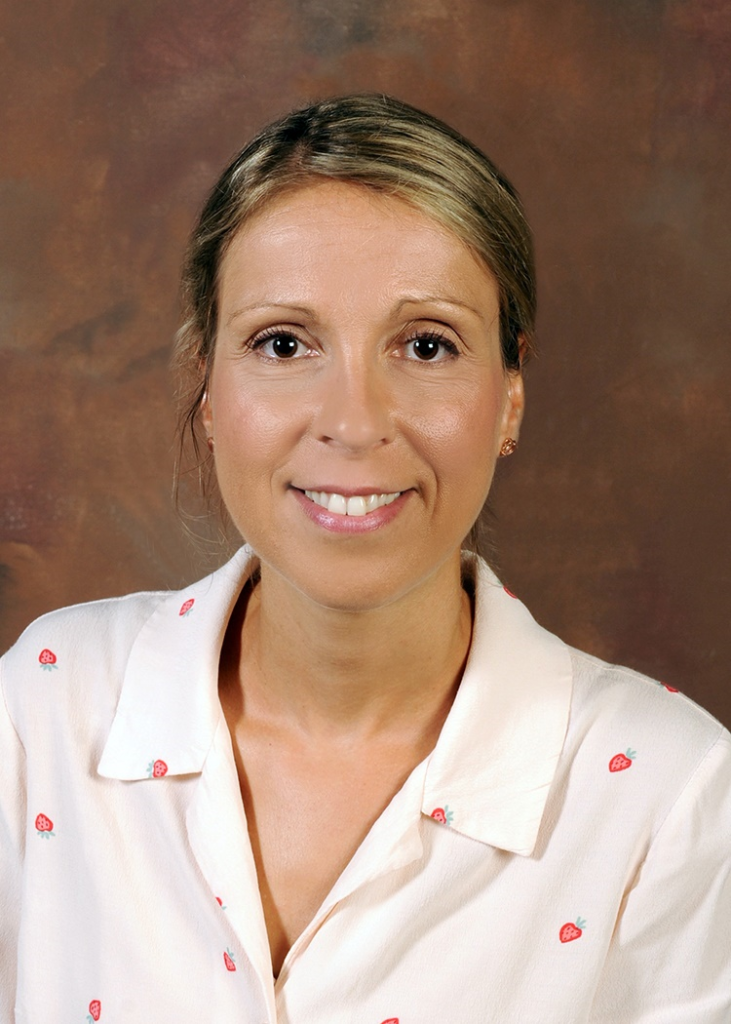

Dr. Elena Petrova, licensed psychologist and director of Student Counseling and Psychological Services (SCAPS) at Augusta University, noted her office has seen increased anxiety, distress, burnout and grief among students. And not only has her office seen more clients (attended appointments were up 15.1% last fiscal year), but those clients are coming in with more serious concerns.
Dr. Bill Hight, a staff psychologist at SCAPS who has been working in mental health since the mid-1980s, concurred.
“I’ve noticed an increase in both the number and intensity of mental health concerns across a wider range of students. In the first year of the pandemic, students’ energies were, in many cases, spent on just getting through the next unexpected change in their lives,” Hight said.
“This year, the impact of being in pandemic survival mode, figuratively and literally, is showing up as more acute and severe anxiety, depression and adjustment challenges. The world hasn’t felt as safe, and people, students included, have been worried about themselves or their loved ones becoming infected.
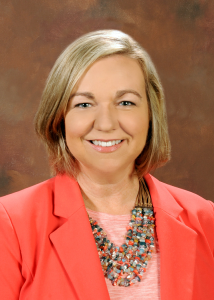

“That type of constant vigilance takes an emotional toll. Many students’ life plans and timelines have been knocked off course, which has also resulted in significant distress.”
Traci Westin, a licensed professional counselor who has been with SCAPS since 2017, thinks the decline is due to the pandemic’s massive impact on two crucial areas of life: work (or school) and social interactions.
“I don’t think the toll COVID-19 has taken on our jobs and relationships can be overstated. These are pillars of well-being. If these pillars crumble, we’re in big trouble,” she said.
The medical perspective
In addition to SCAPS, Student Health Services (SHS) has seen an uptick in service use as well, following a national trend. Last fiscal year, the office recorded nearly 9,500 patient encounters.
“We hired a second part-time psychiatrist in late fall 2020, which in and of itself is a testament to the increased utilization and need for mental health clinical services,” said Dr. Robert Dollinger, internal medicine physician and director of SHS.
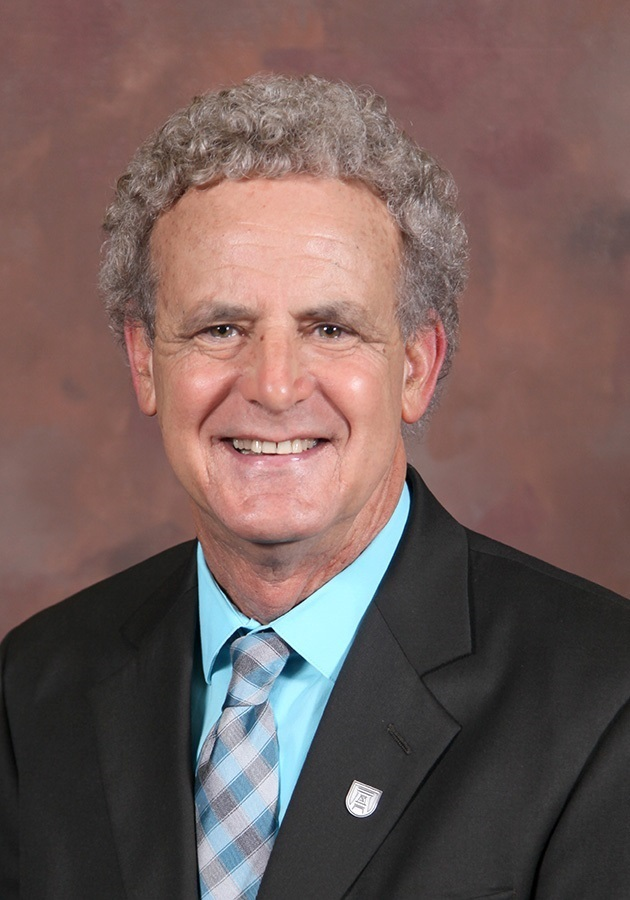

Additionally, he noted there is a growing number of students who require prescription medications to support their mental health.
Dr. Jacqueline Locrotondo was the first psychiatrist SHS hired, starting in July 2019. Requests for psychiatry services have increased every semester she has been with Augusta University — and the pandemic has only exacerbated demand.
“The pandemic has affected most of the student body in different ways. Some students have fear and sadness about themselves or family members catching COVID,” she said.
“Many of our students have lost family and friends to the virus. It has also affected students’ ability to learn. Some of my students have struggled with focus in online class. Some students have had social anxiety going back to the classroom.”
Locrotondo noted that although the high demand is stressful, she is glad students are asking for help. To her, this means students are accepting that mental health is an important part of total health, and that they don’t need to “suffer in silence.”
According to Dollinger, the Student Health Clinic plans to increase the number of psychiatrist appointment hours in spring 2022.
The future of telehealth
As on-campus providers reflected on the work they’ve put in over the last 20 months, the main takeaway is that telehealth is here to stay.
“Meeting with students via video had to happen quickly and without a lot of warning, so initially there was a steep learning curve. It involved quickly adapting to new technology, and new therapeutic considerations,” said Hight.
But telehealth also created an unforeseen issue: Its accessibility, which is typically seen as a benefit, created non-stop demand for services.
“For so many clients who use mental health services, telehealth is easy, accessible, and they don’t have to travel or go to a specific location to meet their counselor. All of the barriers related to time, travel and location that students experienced before were removed by the telehealth option,” said Petrova.
“In light of this demand, we need to be more mindful about practicing from a brief therapy model and setting boundaries about the length of treatment. Additionally, mental health providers will need to schedule self-care and administrative opportunities during the summer semester, or times of the semester when the demand is slower.”
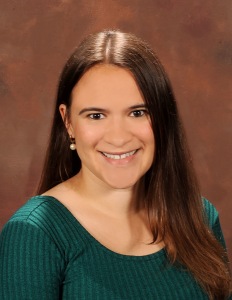

SHS had to adjust to telehealth as well — and found their patients often prefer it, too.
“Most of my patients prefer telehealth. It allows for more flexibility with scheduling since they do not have to physically get to the office. Since I am licensed in both Georgia and South Carolina, my patients can be anywhere in those two states to have an appointment with me,” said Locrotondo.
However, Locrotondo noted that poor internet connection can make telehealth appointments more challenging.
The main takeaways
Petrova mentioned that although seeking professional help is an important step for students, pandemic wounds take more than a therapy appointment to heal.
“It is important to remember that we have been experiencing a global crisis and that we should not pathologize nor medicalize the impact of the pandemic. In other words, counseling and psychotherapy are not the only solution to the broader emotional healing that we all need to experience,” she said.
“We need things like community events, support groups and activities to help one another. The trauma is normal and is real, and simply telling people to go talk to a counselor is not the solution.”
Campus providers also mentioned tips for how they maintain their own mental health.
“It is important to take time for yourself and find things to help take your mind off of work. It can be helpful to talk to loved ones, colleagues or other mental health professionals. I enjoy spending time with my family and going for evening walks. I try to exercise regularly and take some time for myself,” said Locrotondo.
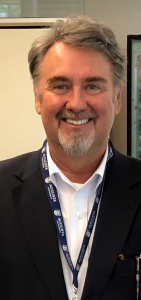

Hight mentioned that screen-free time helped him manage COVID-related stress.
“I make sure that I have hobbies that are not connected to the internet or a computer screen. For me, that’s playing guitar and spending time with my husband and friends,” he said.
He added that receiving his COVID-19 vaccine was “the most important thing” he has done for his mental health over the course of the pandemic.
“Being vaccinated wasn’t just good for my physical health: I was surprised at the emotional relief I felt afterward. As soon as I was vaccinated, I felt like I could exhale a bit.”
Moving forward
Petrova and Dollinger hope that, as the nation emerges from the pandemic, people both across the country and in the campus community will be patient with mental health care providers — and acknowledge the work they do every day.
“We have developed vaccines for COVID-19 prevention and have several medications and monoclonal antibodies for treatment,” said Dollinger. “However, the mental health needs of our society and AU in particular will unfortunately persist long after the number of new cases finally subside.”
Petrova agreed.
“Our mental health providers at AU have been working very hard to meet the mental health needs of students during this difficult time, and in some ways, they have been and are the unacknowledged heroes,” she said.
“Just as we have cherished the medical frontline providers during this time, we will need to start cherishing and celebrating the mental health providers who will likely be involved in the ‘cleanup’ of the pandemic mess for quite some time.”
Students who need mental health support should visit the Jags Live Well website for resources. They can also make an appointment with SCAPS or SHS, or download the Headspace app.
 Augusta University
Augusta University
